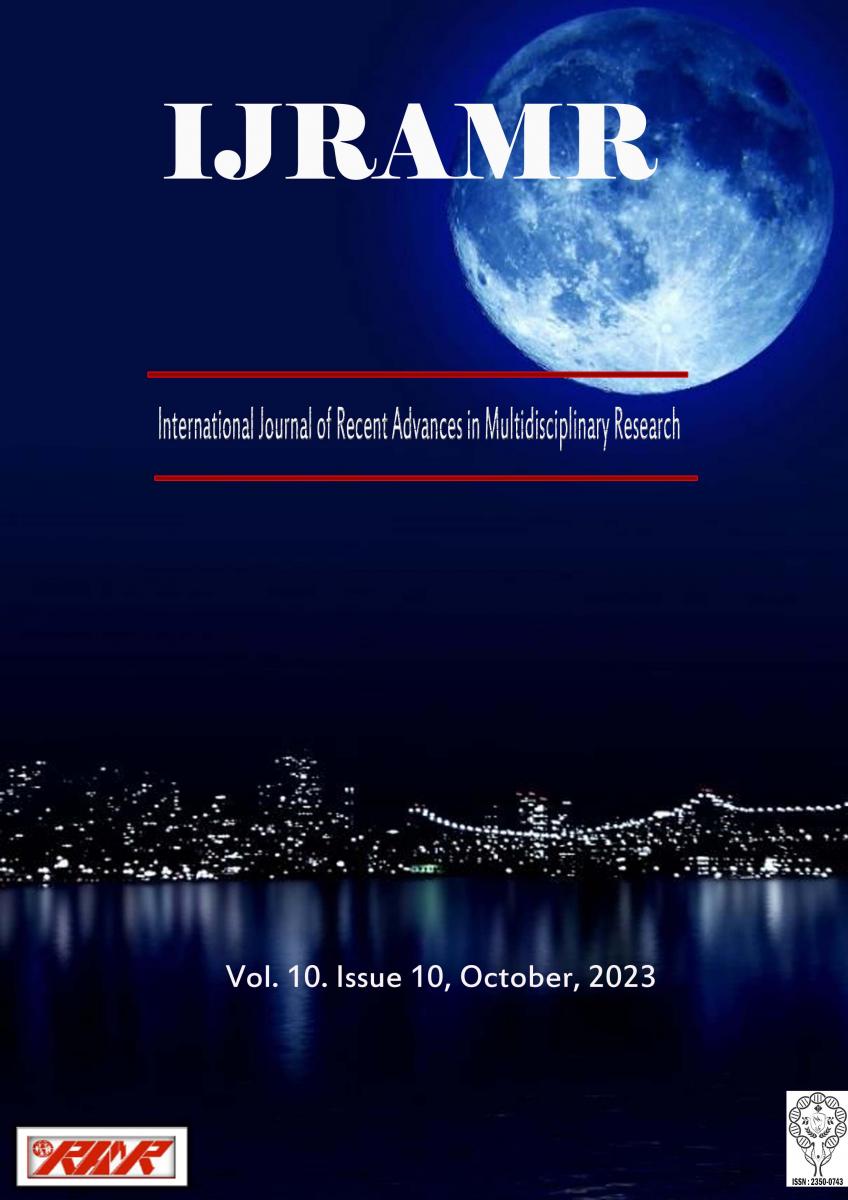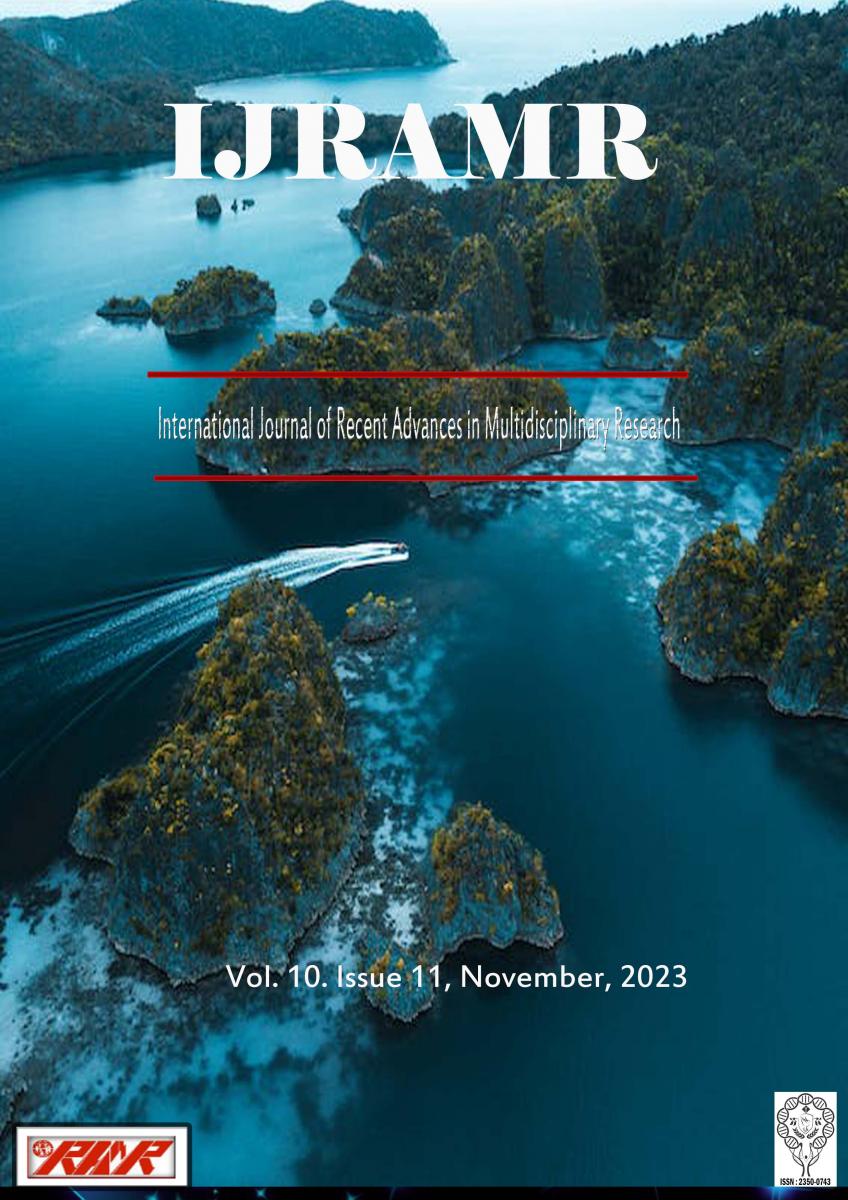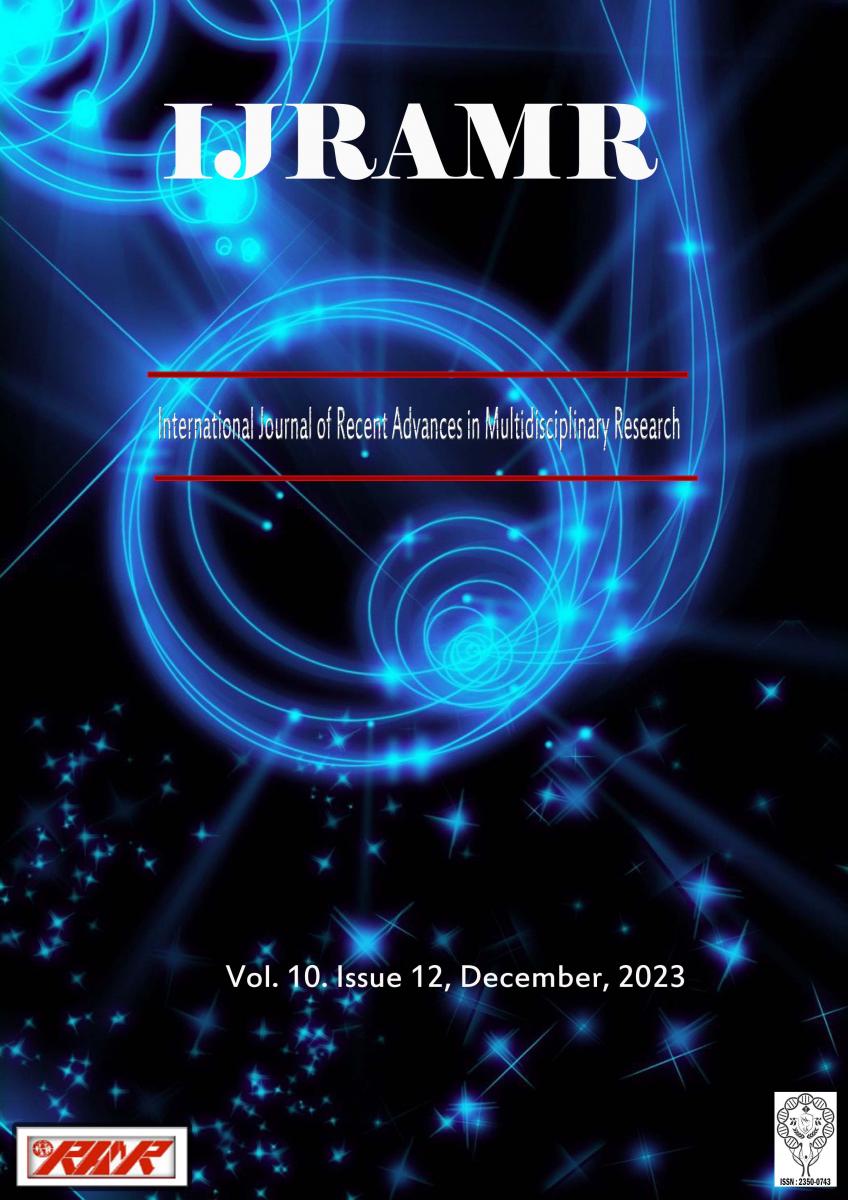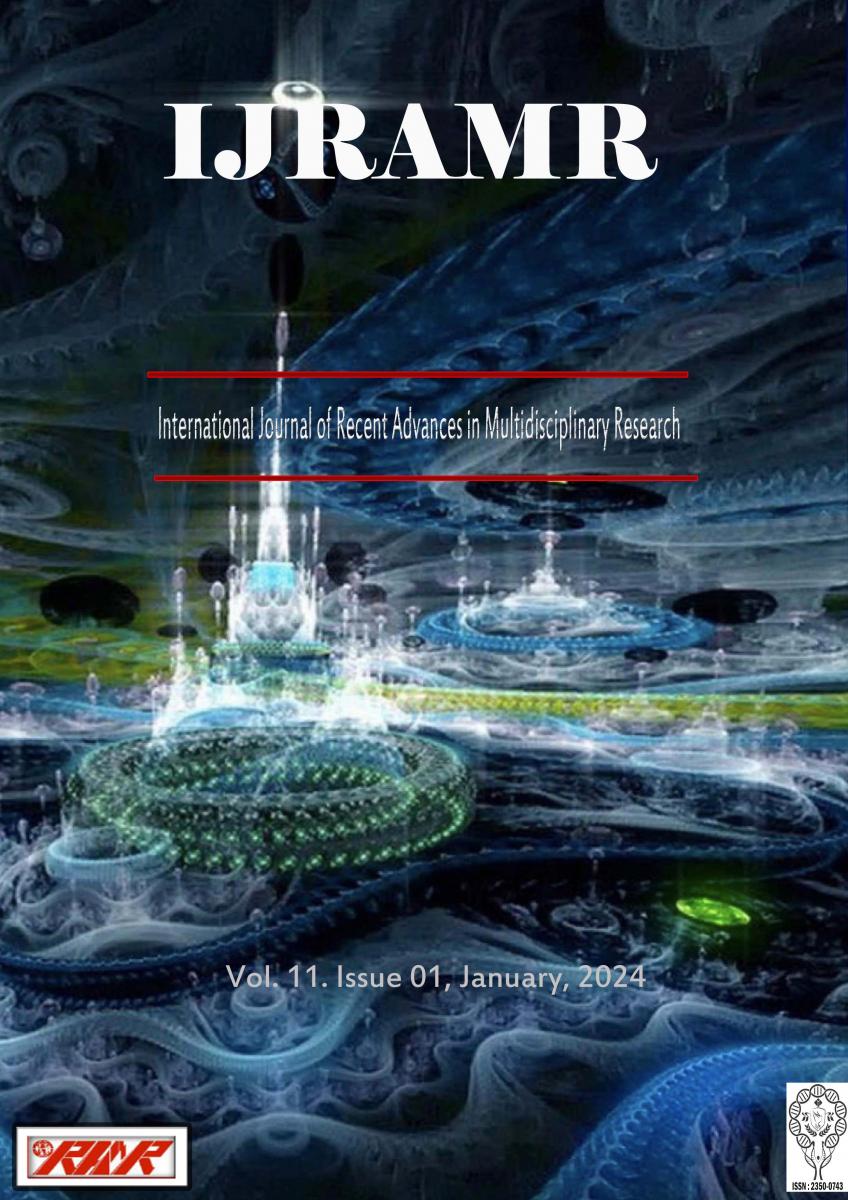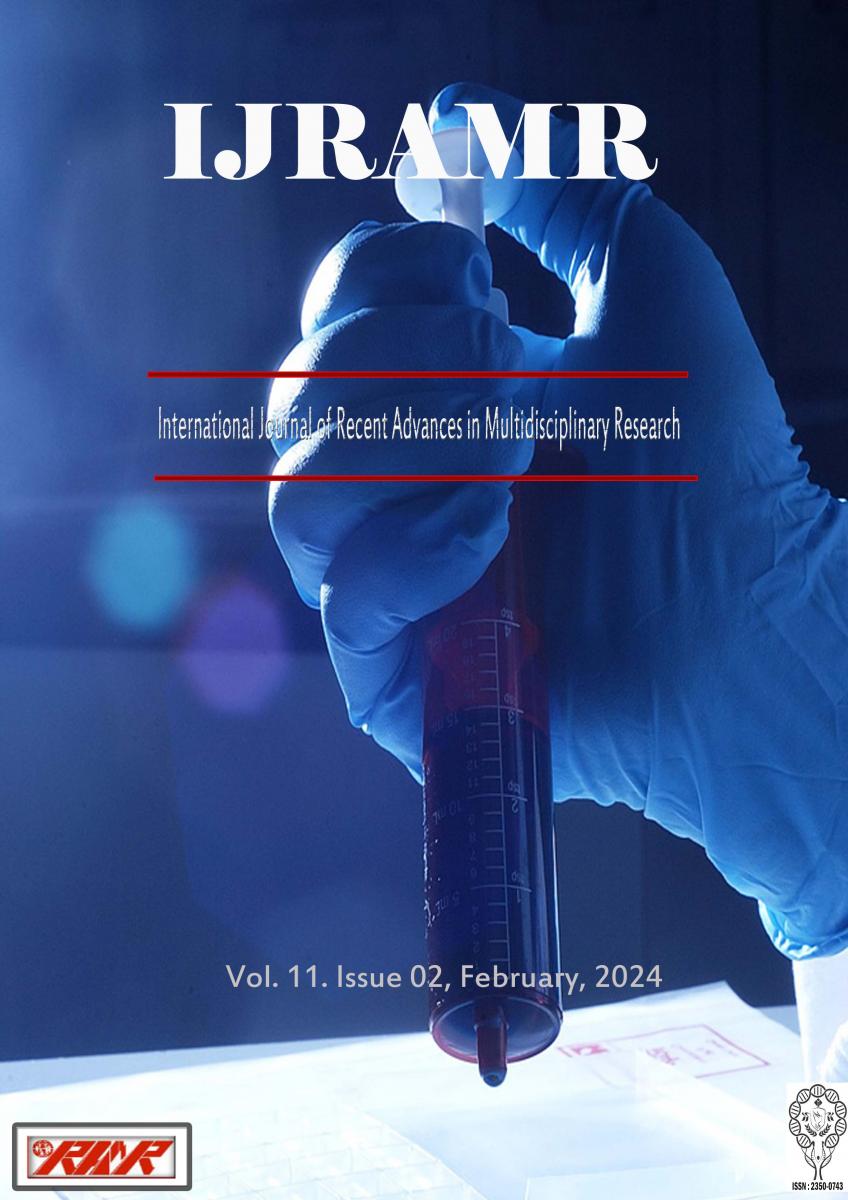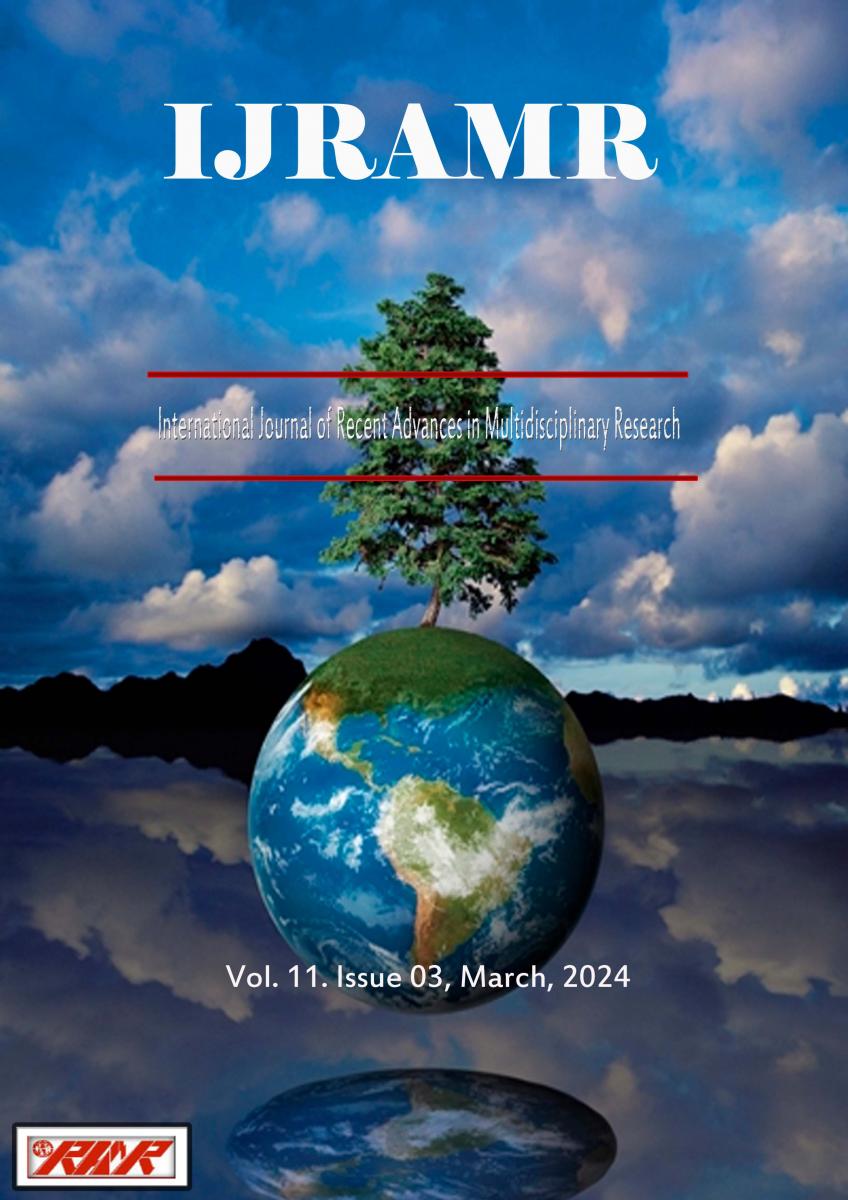This study investigates the lived experiences of Pisay students who enrolled in the distance learning program at Philippine Science High School-Caraga Region Campus during the school year 2021–2022. The researcher employed a qualitative research design with a phenomenological method to learn about and understand the experiences of Pisay Scholars. The Colaizzi seven-step analysis method was used to examine the responses. Thematic analysis of the recordings indicated two themes that emerged from the Pisay scholars' remote learning experiences. These are the positive and negative experiences. There were six sub-themes generated within each of the themes. The positive experiences were: (a) convenience of staying at home; (b) flexibility of accessing the learning guides/modules; (c) availability of online resources; (d) support from the family and the school; (e) availability of teachers’ intervention; and (f) adapting to change. On the other hand, the subthemes of negative experiences were: (a) home environment disturbances; (b) poor time management; (c) lack of resources; (d) absence of parents; (e)stigma against teachers; and (f) physical and mental exhaustion. According to the findings, students need a school-based intervention program to help them improve their academic performance, with a focus on providing effective assistance for struggling distance learners.
